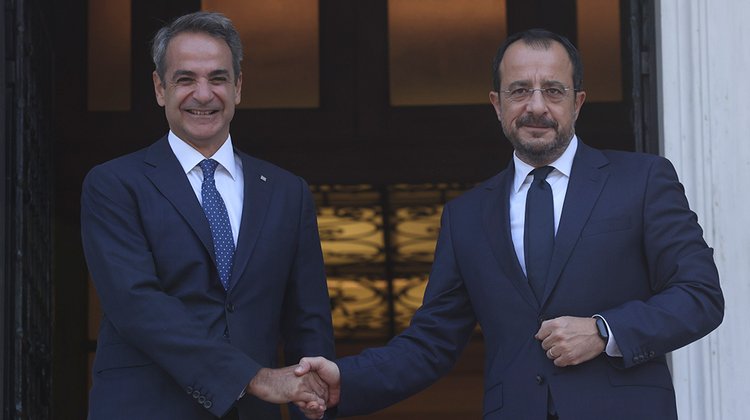Christodoulides and Mitsotakis confirm political will for participation in GSI
15:02 - 19 September 2024

Cyprus and Greece’s interest in and political commitment to the implementation of the Great Sea Interconnector (GSI) electrical interconnection between the two countries has been confirmed by the President of the Republic Nikos Christodoulides and Greece’s Prime Minister Kyriakos Mitsotakis during their meeting in Athens.
As stated in a statement by Cyprus’ Presidency after the 19 September meeting, Nikos Christodoulides informed the Greek Prime Minister in depth about the relevant Cabinet decision on 17 September.
At the same time, President Christodoulides confirmed the political commitment of the Republic of Cyprus to participate in the share capital of the project as soon as possible, and after the completion of the due diligence study and the establishment of a company for the purpose, for which advanced consultations are also underway with other countries, the statement said.
The Cabinet on 17 September approved the Energy Ministry's proposal in connection to the GSI, that the Republic of Cyprus will pay €25 million per year, for five years, as a subsidy for the possible increase in consumers' bills, from 1 September 2025 to 31 December 2029.
(Source: InBusinessNews)

